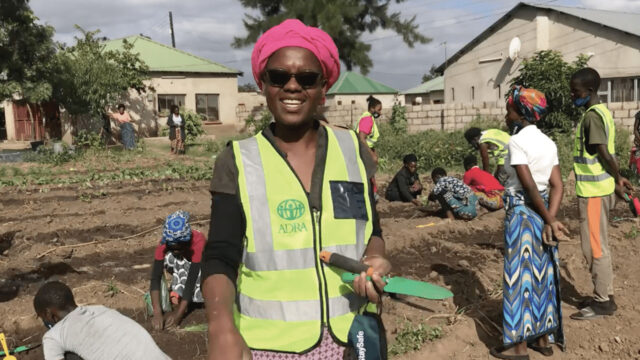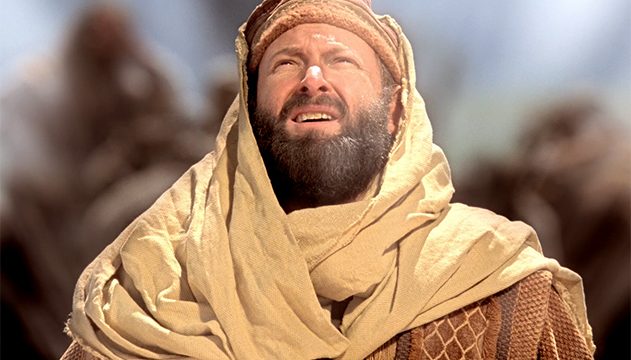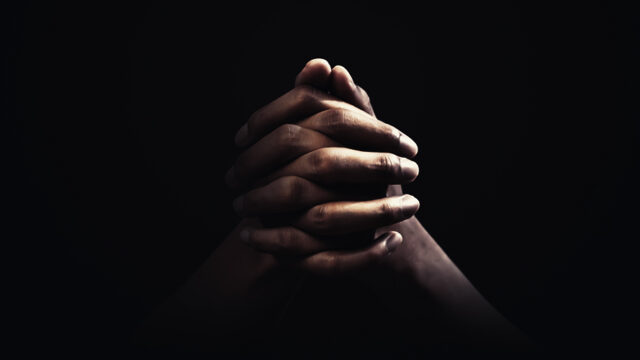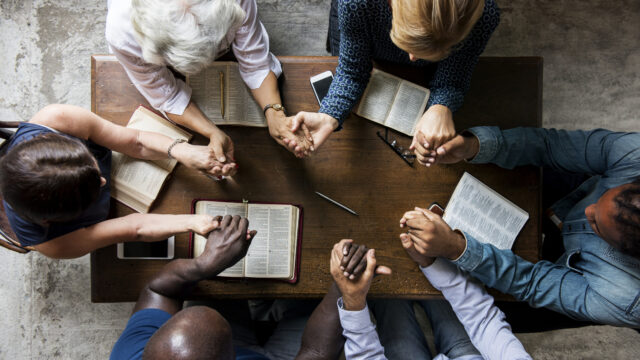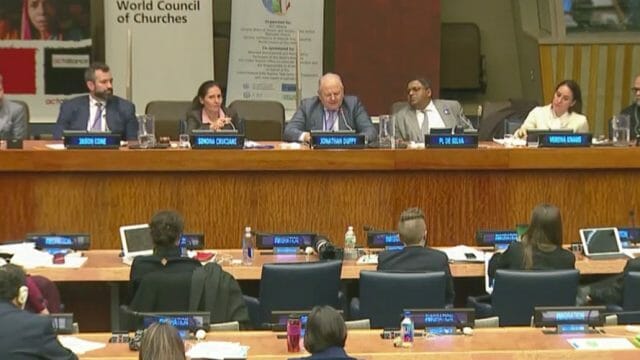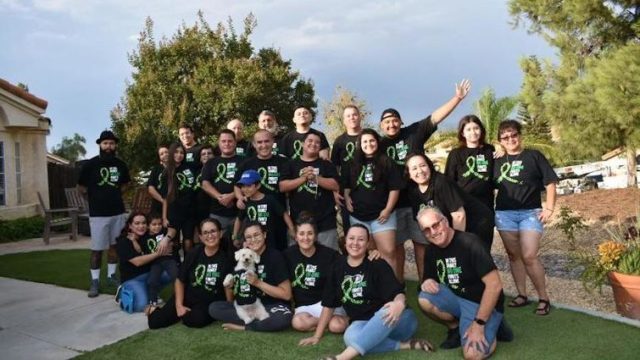Desert Flower Center medical coordinator discusses prevention, advocacy.
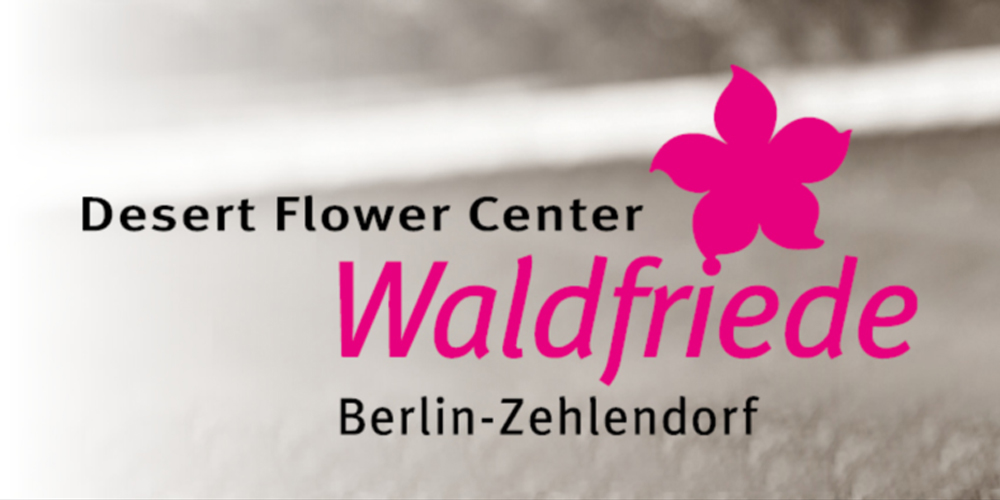
In 2012, the United Nations adopted a resolution to observe February 6 each year as the International Day of Zero Tolerance for Female Genital Mutilation (FGM) and to use the day to enhance awareness-raising campaigns and take concrete actions. FGM comprises all procedures that involve altering or injuring the female genitalia for non-medical reasons and is recognized internationally as a violation of the human rights of girls and women. It reflects deep-rooted inequality between the sexes and constitutes an extreme form of discrimination against women and girls. The practice also violates their rights to health, security, and physical integrity. It also goes against their right to be free from torture and cruel, inhuman, or degrading treatment, and their right to life when the procedure results in death. Based on biblical principles, the Seventh-day Adventist Church opposes FGM and adopted a document against this practice in April 2000. For the 2021 UN observance day, Inter-European Division women ministries director Dagmar Dorn and communications director Corrado Cozzi interviewed Cornelia Strunz, medical director of the Desert Flower Center at Waldfriede Hospital in Berlin, Germany. Since its opening in 2013, more than 600 women affected by FGM have sought the center’s medical help. The interview has been slightly condensed.—Editors
What do you think are the most important actions to achieve the goal (zero tolerance) of this day? Apart from the professional help you give, what can we do as individuals to end FGM?
The most important measure in the fight against FGM is widespread education and schooling of children, locally, in their home countries. In general, the public should be sensitized to the issue, information on FGM should be bundled and further developed on an interdisciplinary basis, and professional competencies should be strengthened. Thus, in 2020, we founded the “Berlin FGM_C Coordination Office.” This is a cooperation of three organizations: the family planning center — BALANCE, Terre des Femmes, and the Desert Flower Center at the Waldfriede Hospital. The coordination office aims to link the existing services in Berlin and expand them according to need, train professionals in dealing with the issue, and strengthen awareness-raising activities in the communities.
In the sense of holistic support, the coordination office offers psychological support and psychosocial group services for those affected, in addition to medical counseling and treatment.
To this end, the coordination center focuses on raising awareness among professionals and qualifies them for dealing with those affected. A hotline also offers the first point of contact and counseling for affected persons and professionals and enables simple and low-threshold mediation.
As we receive many inquiries about shadowing at the Desert Flower Center, we have been offering an FGM intensive seminar for colleagues, midwives, and nursing professionals, twice a year since 2018.
Can you briefly explain what the Desert Flower Center is about?
The project “Desert Flower Center” Waldfriede (DFC) came into being out of clinical necessity, as many women in Germany also suffer from the health and psychological consequences of FGM. The project was realized in cooperation with the Desert Flower Foundation under the patronage of Waris Dirie and her manager, Walter Lutschinger, in December 2011, as it became clear that purely preventive work did not meet the needs of those affected. Our goal is to offer holistic medical care to women suffering from the consequences of genital mutilation. This includes not only surgical interventions and reconstructive operations but also psychological and physiotherapeutic help. We also offer a self-help group that meets once a month at Waldfriede Hospital.
What motivates you to work in this sensitive area?
As medical coordinator and senior physician of the “Desert Flower Center” Waldfriede, I am the first person the women get in touch with by phone or e-mail. The fact alone that these often very emotional preliminary talks and the medical examination take place in a trusting environment from woman to woman makes it easier for them to open up to me. In the counseling session, the problems presented are dealt with individually. It is not always about an operation. Some want to talk to our psychotherapist or join our self-help group. Others need a medical certificate for their ongoing asylum procedure. It is important to take time for a detailed anamnesis and examination and respond to the patients’ needs, thus alleviating their fears and addressing their concerns.
As a specialist in our department, it was with great gratitude that I started working at the “Desert Flower Center” Waldfriede. I feel that this specialist work is very honorable. The many positive feedbacks encourage me in our highly important work.
You have been working in the Desert Flower Center since its foundation in 2013. What are the most important developments?
Since the opening in September 2013, more than 600 women have sought our medical help. Surgery was necessary for half of them.
A stable solution has also been found in the meantime for the financial settlement of problematic cases. An operation costs around 2,000 to 4,000 euros. For people with statutory health insurance, the costs are covered by the health insurance. However, since we also want to treat people who are not insured, we have founded the Förderverein Waldfriede e.V. (Waldfriede Association). The support association, which is financed by donations, supports or assumes the costs in these cases.
Since January 2015, we have been offering a support group once a month. Both women who we have already treated and those still looking for help come to the meetings. In a protected setting, the women can exchange experiences and learn that they are not alone with their fears and worries. Sometimes affected women talk about their fate, or women who have already undergone reoperation talk about their experiences.
A major problem at the beginning was intercultural perception and communication. We are delighted to now have two employed counselors/interpreters, in addition to volunteer counselors, who enable the women and us to overcome these non-verbal hurdles. With Evelyn Brenda (born in Kenya) and Farhia Mohamed (born in Somalia), we have two therapists in the team who can work psychotherapeutically in German and their respective mother tongues.
All the women tell us how valuable this community in the self-help group is for them. There, they can often talk about their worries and experiences for the first time in their lives — in a protected setting among like-minded people. At these meetings, we always notice that the work with the women is much more than just a job.
When the women come together, there is always a very warm atmosphere. We all call each other by our first names, and especially the women who have already been treated are bursting with self-confidence. In these moments, we realize how much this task fulfills us and what the team at the Desert Flower Center Waldfriede achieves. Here, women are literally given their lives back.
In April 2016, we were awarded the Louise Schroeder Medal. It is the highest award of the state of Berlin.
Since 1998, the medal has been awarded to a personality or institution that pays outstanding tribute to Louise Schroeder’s political and personal legacy and has rendered outstanding services to democracy, peace, social justice, and gender equality.
In October 2020, we published the first German-language reference book on FGM (edited by Uwe von Fritschen, Roland Scherer, and myself). We aimed to share our experiences with this complex issue and provide assistance for all professions in coping with the multi-faceted problems of circumcised women. As the number of women with FGM is also increasing in Germany due to migration and globalization, many professional groups are confronted with this issue without having received any training so far.
On October 19, 2020, the first issue of the new Desert Flower magazine was published, which was designed by the Desert Flower Foundation/Waris Dirie. In the magazine, we provide a detailed overview of the work and the projects and successes of Waris Dirie and her Desert Flower Foundation in the worldwide fight against FGM. The magazine is available in German, English, and French.
The original version of this story was posted on the Inter-European Division news site.


